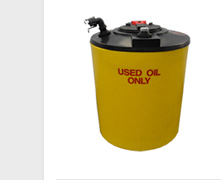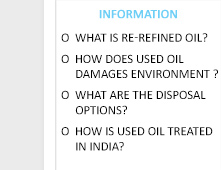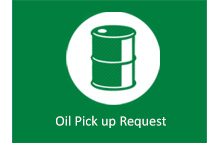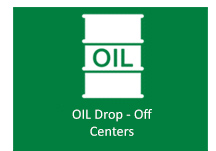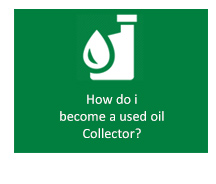Waste oil is a term applied to oils that have been contaminated by other substances and consequently may or may not be hazardous. Due to potential toxicity of waste oils, the Indian government introduced a number of environmental regulations which regulate and require the safe disposal of oil in order to reduce damage to the natural environment, humans, and living organisms.
Oil recycling is an important direction in handling mankind’s industrial waste. To make the existing ecological situation better, it is vitally important to organize a proper waste oil collection and delivery to specialized enterprises engaged in oil recycling.
Oil recycling is not exactly a new problem. Recent years have seen significant progress in recycling technologies which can restore 70-85% of used oil to as good as new condition, and in some cases as much as 90% of the material. The resulting product can be recycled again and again, several times. The importance of oil recycling is easy to see even by simply comparing the numbers: product output from crude oil processing rarely exceeds 10%. This makes oil recycling quite interesting as an idea for starting a business.
The potential profit increases even more, if 35-54% of waste oil can be collected. In this case, the energy costs of purifying and recycling the oil is almost 20 times less than those required to produce the same amount of material from crude oil.
HISTORY
The global amount of waste oil is estimated at 40 million tons a year. Less than half of that amount is collected, while only approximately 2 million tons are recycled, i.e., 5% of the total amount.
|









